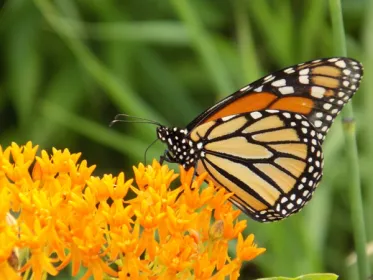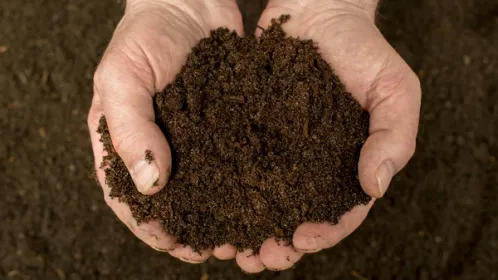Native Alternatives to Boxwoods
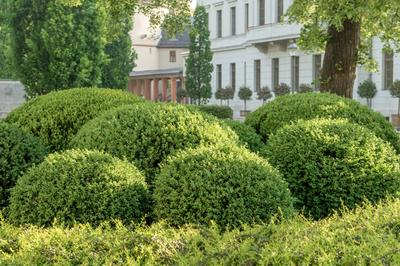
When we think of adding a formal element to our gardens, the first option that hits our mind is the Boxwood. Boxwoods or Buxus are hardy, evergreen species which once dominated the French and European formal gardens. Within no time, they occupied the star position in America’s landscaping and are now widely used as pruned hedges and topiaries.
There are plenty of reasons why people prefer Boxwoods over other shrubs. Boxwoods are perennial plants, slow-growing and have a dense, glossy, green foliage. They are excellent options to add greenery around the edges or even work like sculpted centrepieces of your garden.
Now comes the question – Are Boxwoods entirely fool-proof?
The answer is NO! Boxwoods are not as perfect as people assume them to be. They do have exceptions, the serious one being Boxwood Blight. The plants are also susceptible to many pests like leafminers and environmental factors like frost.
Main Drawbacks of Boxwoods
Let us look into some of the main demerits of using Boxwoods in gardens.
1. Boxwood Blight
Boxwoods may be hardy and resistant to many diseases, but they are not entirely safe from pathogen and pest attacks. In recent times, a serious disease called Boxwood Blight has affected many Boxwood plants across the country. Under favorable conditions like warm and humid climates, a fungal pathogen called Calonectria pseudonaviculata can infect the Boxwood plants rapidly.
The spores quickly spread from one plant to the other in the garden through strong winds and water splashes. The infected plants show symptoms of concentric dark brown circles on leaves, with white sticky spores under them. Gradually, the plants can transform from bright green to a burnt brown, leaving a depressed, neglected look to your garden.
Once infected by the Blight, prevention or treatment is nearly impossible.
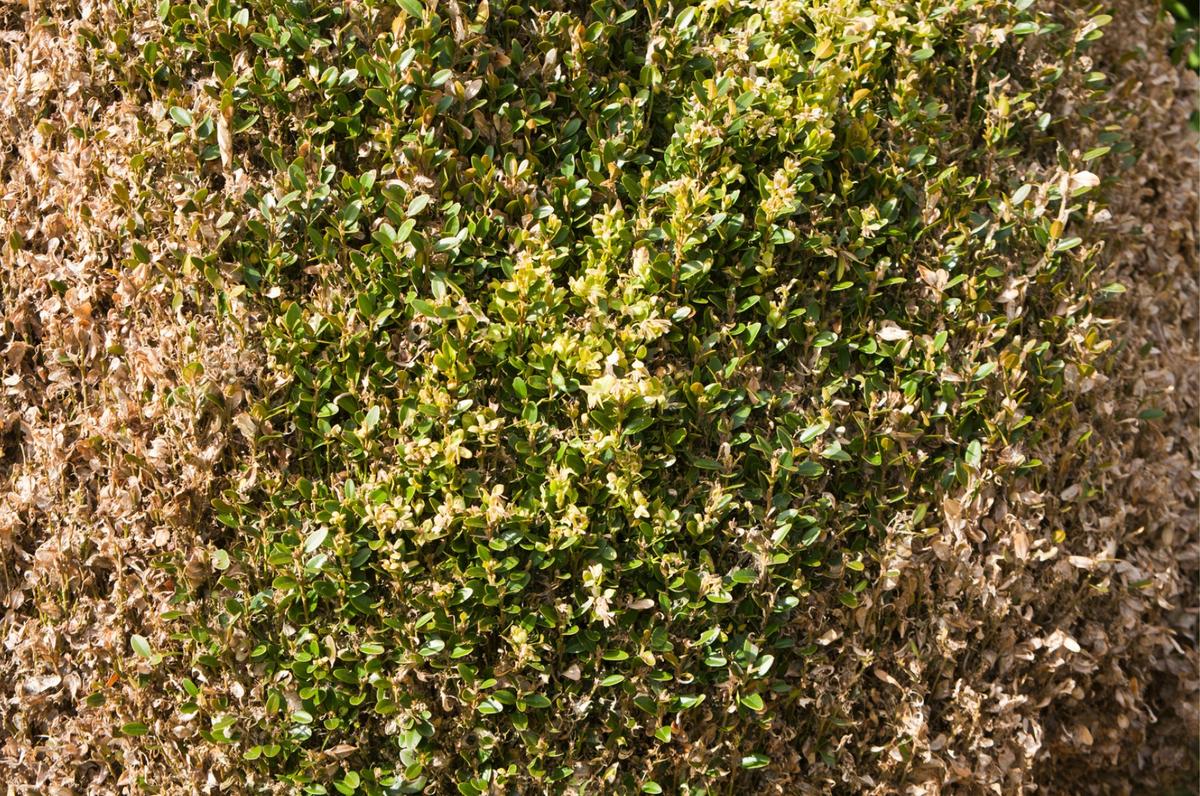
2. Pungent Smell
Many gardeners compare the smell of Boxwoods to that of cat’s urine. The leaves have a distinct, pungent odor that can dominate the scent of the air in your garden. Additionally, Boxwoods are toxic to your pets and can trigger allergic reactions in humans too.
3. Not Biodiversity-Friendly
Planting only Boxwoods in your garden is not a great idea as they add very little value to the local biodiversity. If you want your yard to attract pollinators and other friendly insects, combine Boxwoods with other pollinator-friendly plants or the best option is to try native Boxwood alternatives.
Top 3 Best Native Boxwood Alternatives
With the widespread issue of Boxwood Blight, it may be the right time to consider blight-resistant, native alternatives for Boxwoods. There are many plants which serve all the functional benefits of Boxwoods while being unaffected by the Blight fungus.
Below, we have listed the top three best native American Boxwood Alternatives which create a similar affect and style of Boxwoods and are easy to maintain:
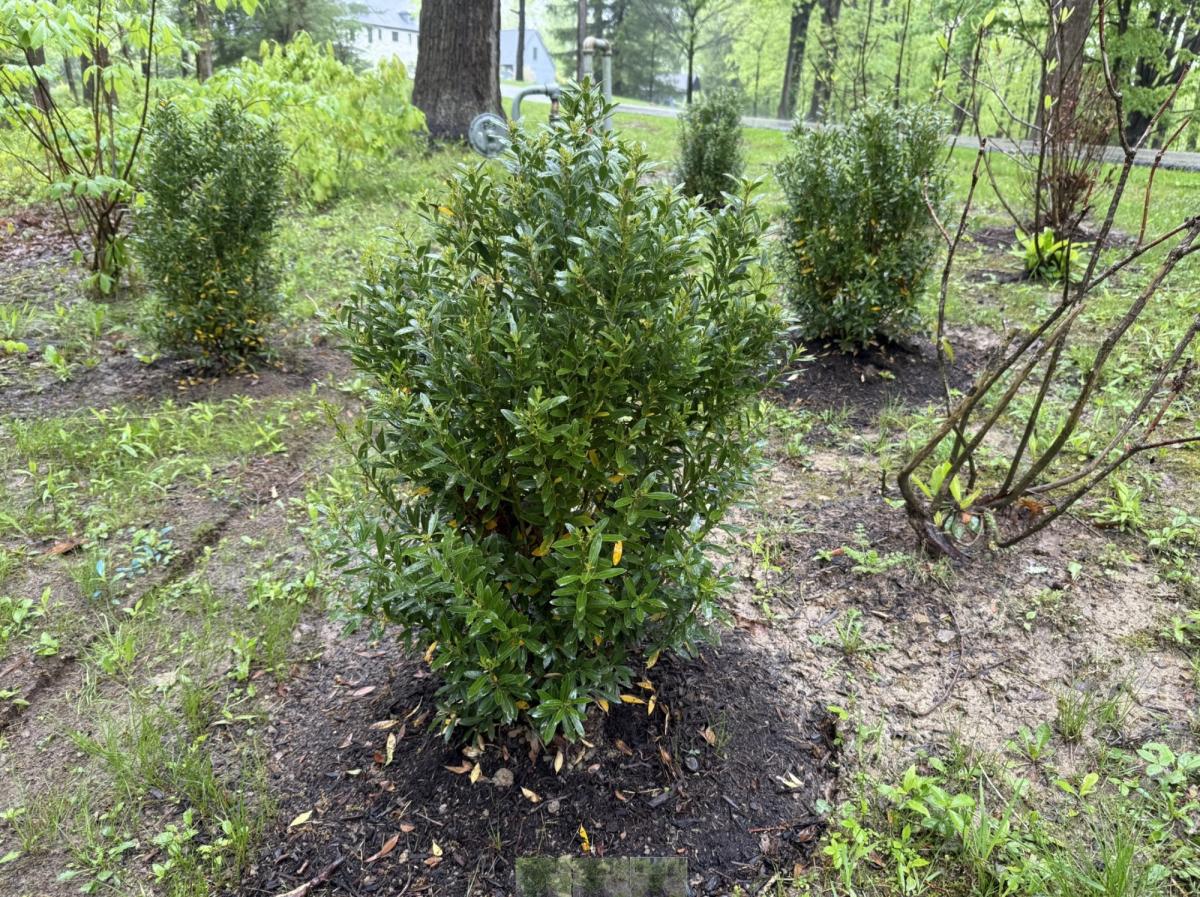
1. Inkberry Holly (Ilex glabra)
The closest native American alternative to Boxwood is Inkberry Holly, which has narrow, glossy-green leaves and dark colored berries. Besides its close resemblance to Boxwood, Inkberry also supports aggressive pruning and shearing. The growth rate is a little faster than Boxwood, which means you don’t have to wait a long time to flaunt those beautiful shrubs in your garden.
Inkberry is native to the Northeastern regions of America and grows 5-8 feet in length and spread. It prefers acidic soil and full sunlight, moist conditions. Inkberry attracts a number of pollinators like bees and even birds which forage its nectar and fruits. The best part is that Inkberry is blight-resistant, very easy to grow and only has a few pest problems which are not very hard to tackle.
Uses in Yard – Works well for Hedges, accents, topiaries and group plantings.
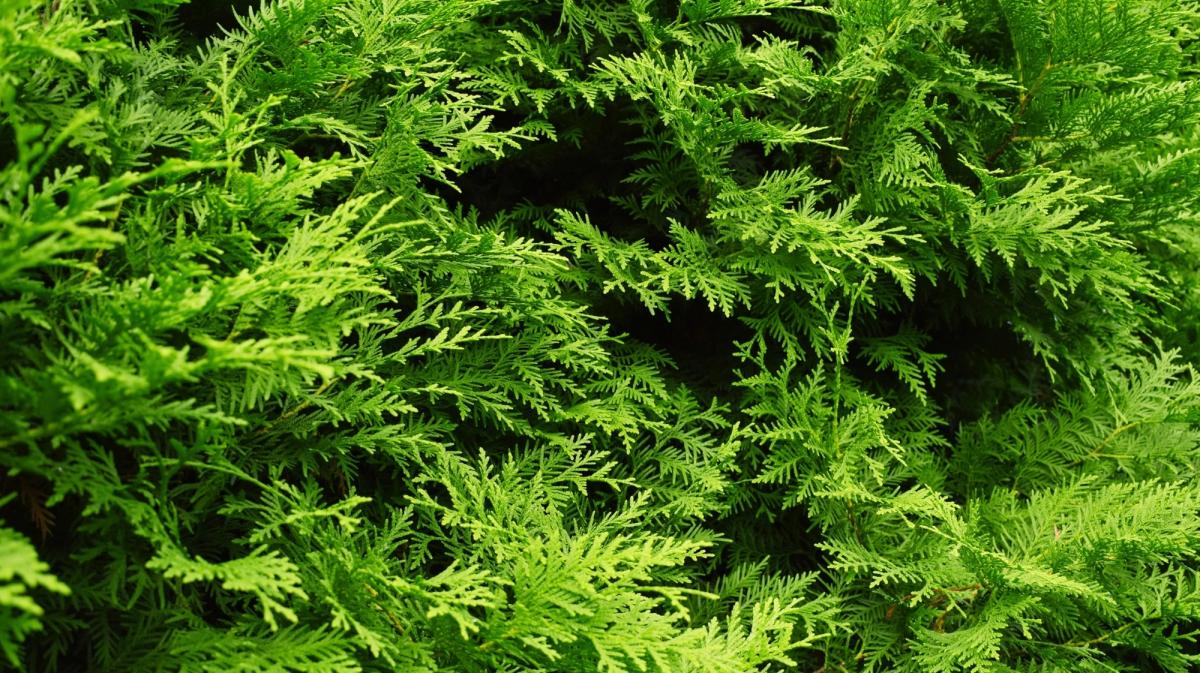
2. Anna’s Magic Ball (Thuja occidentalis)
Thuja Occidentalis or Anna’s Magic Ball arborvitae is another best alternative to Boxwoods. Thuja grows like a playful, rounded ball with aromatic, spiky green leaves. The foliage growth is quite voluminous, making it an ideal choice for hedging. The shrub is relatively low on maintenance and grows even in extreme weather conditions.
Thuja is native to North America and belongs to the dwarf category with a spread of 10-15 inches. It prefers part sun to full sun and deep, well-drained soils. You can easily grow Thuja in containers or soil, depending on how you want to use them. Unlike Boxwoods, Thuja is resistant to Blight and requires very little pruning effort to retain its tight, rounded shape.
Uses in Garden: Accents, Ornamentals, Container plants and Hedges
NOTE: There are 5 Species of Thuja of which two of them are native to North America and the rest 3 to Europe. Thuja Occidentalis is one of the two native North American species.
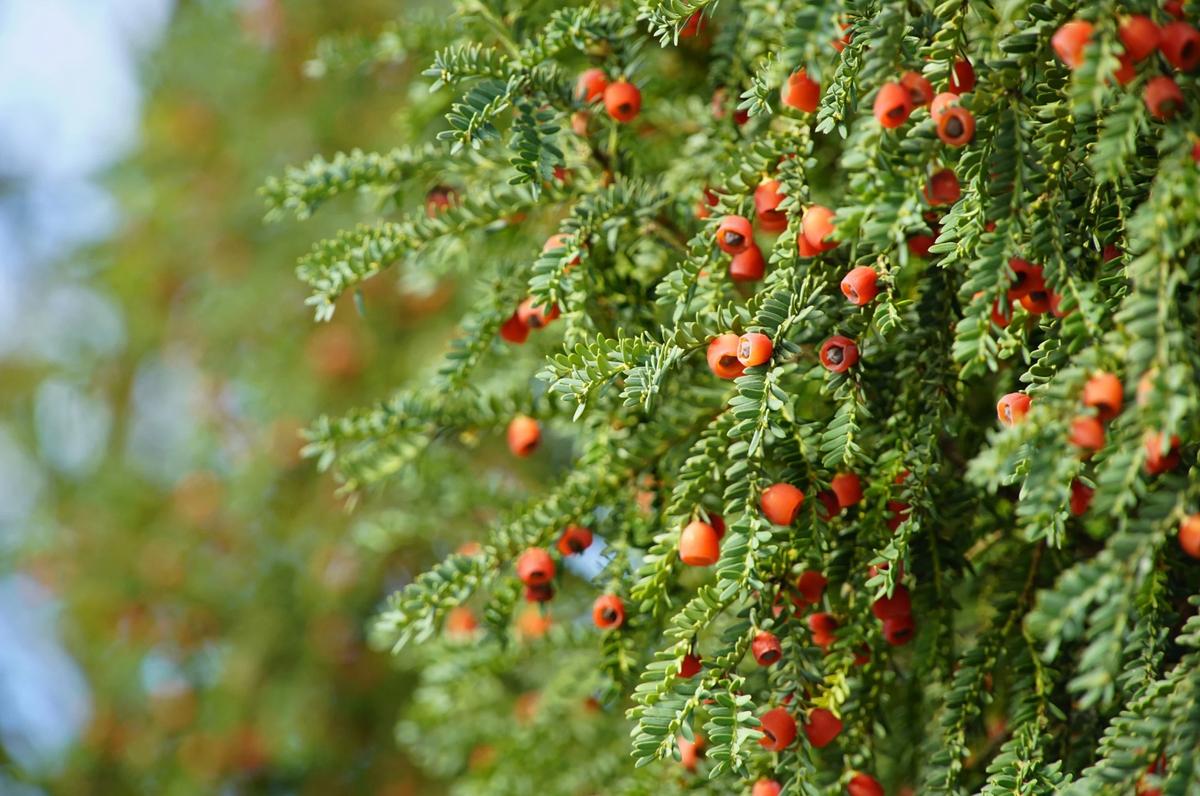
3. American Yew (Taxus)
The American Yew is a low-growing evergreen shrub that is native to North America. It grows 3-6 feet tall with twice the spread and is widely used in landscaping. The shrub has flat, dark green needle-like leaves and produces bright red berries. It lends an attractive color combination of green and red that freshens up the façade of your house.
The evergreen shrub is commonly used in hedges and topiaries for its bushy appearance. It has a hardy nature and is not susceptible to blight fungus. Growing preferences are full sun to part shade with dry to moist soil conditions. However, it is not drought resistant and may need additional protection from heavy winds and extreme heat. The silver lining is that the plant is almost pest-free!
Uses in Garden: Accents, Hedges and foundational plantings.
With more concerns being raised across the country about Boxwood Blight, NOW is the time to shift to better varieties with natural resistance to the pathogen. Native Boxwood alternatives serve all the purposes of a Boxwood, require no extra care and offer numerous benefits to the local biodiversity.
So, don’t you think it’s time to get rid of Boxwoods and think out of the box?



Share this article
